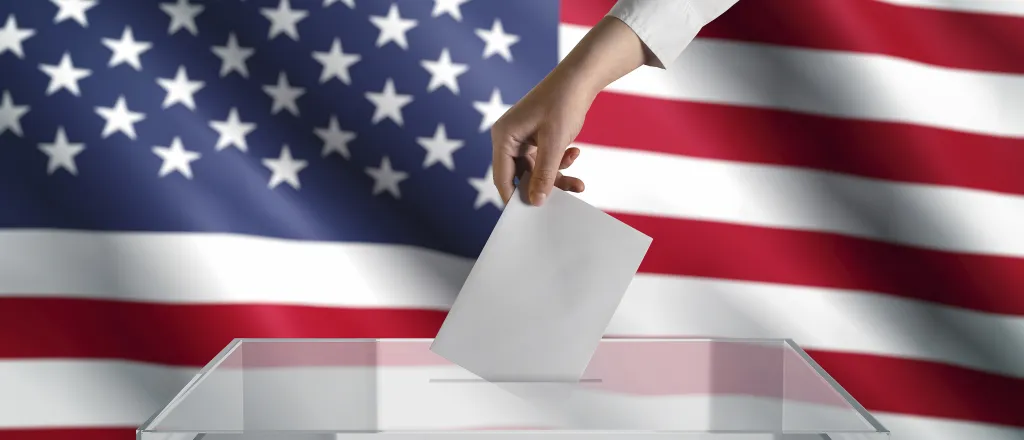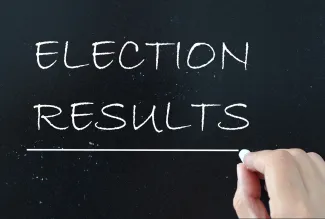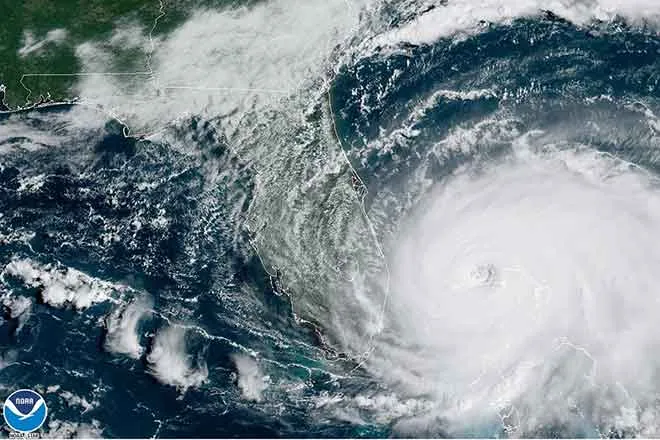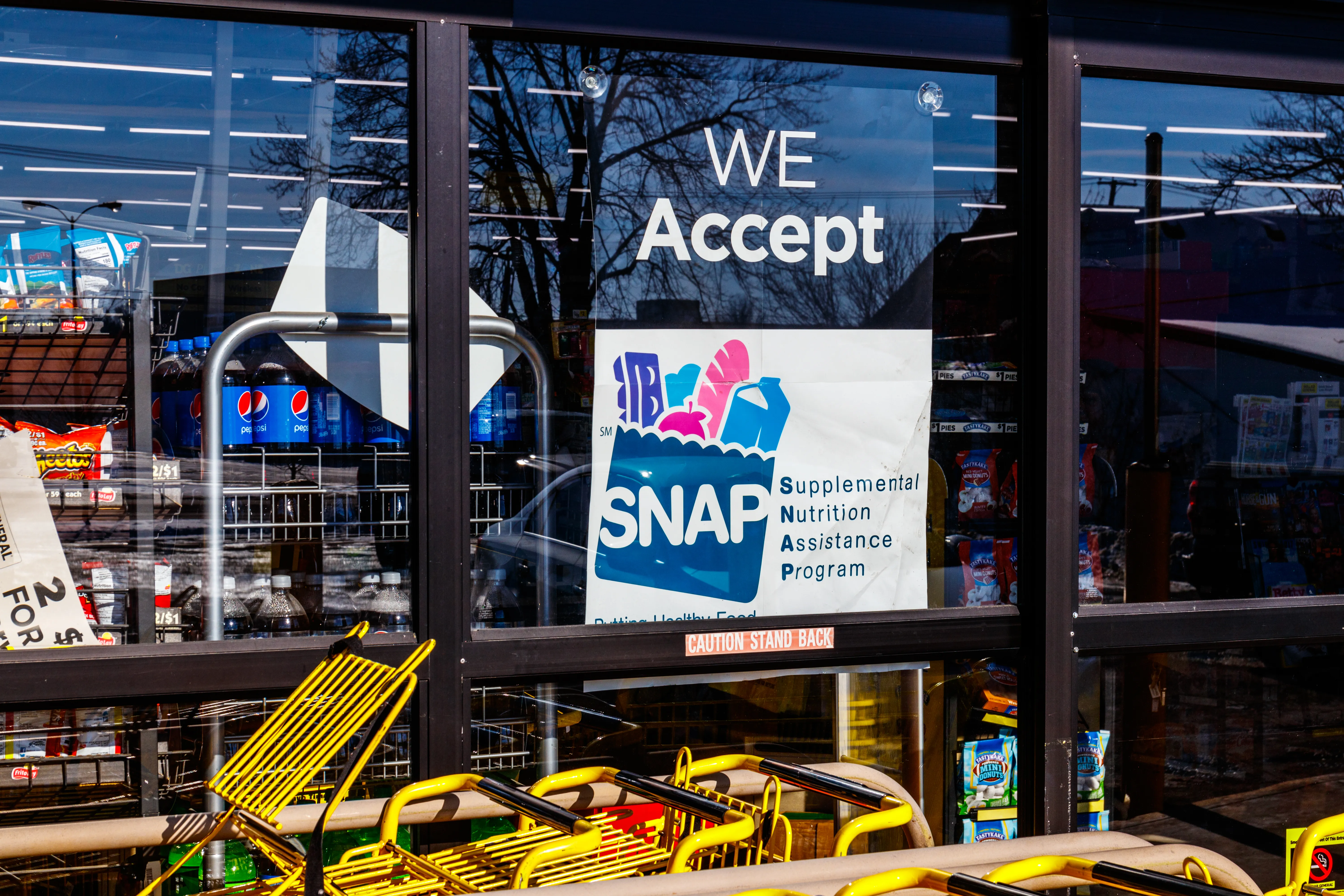
Vibes versus policy: What do voters want?
© iStock - sefa ouzel
Click play to listen to this article.
(Prairie News Service) The public's frustration with American politics is nothing new but last week's presidential election is spurring conversation about what kind of messaging voters have an appetite for.
A North Dakota expert said the outcome offers clues. Gaining support among Latino voters and backlash over inflation are cited as factors behind Donald Trump's victory.
Mark Jendrysik, professor of political science at the University of North Dakota, said Kamala Harris' campaign had a good ground game in swing states but appears to have been swept up in the anti-incumbent wave seen in elections elsewhere in the world. He also thinks Trump's simplistic phrases speak to those who feel out of touch with public institutions.

"I think part of it is a reality of society where so many things are impersonal, and so many things are done by machines now, you don't actually talk to a living human," Jendrysik observed.
He pointed out right-wing media influencers have increasingly zeroed in on those who feel "powerless," namely young male voters. The approach by Trump's orbit resonated with rural voters in 2016. Jendrysik acknowledged it feeds into narratives alleging people, especially low-propensity voters, are less interested in policy and are more persuaded by a candidate's vibes.
Trump's legal issues, including a criminal conviction, were seen as liabilities for his campaign. But Jendrysik noted because he was not part of the incumbent administration this time, Trump could narrow the focus on topics voters were concerned about. He emphasized lingering anger over government shutdowns during COVID played into the short-term memories voters sometimes have, possibly forgetting Trump was still in office during the first year of the crisis.
"He got a lot of people to pretend that his presidency ended in February of 2020," Jendrysik stressed.
He argued Trump's simple messaging, like "Make America Great Again," allows his supporters to fill in the policy blanks, rather than hear a candidate talk about them. Jendrysik added it cannot be ignored racism and misogyny factored into the outcome, given Harris' racial and ethnic identity and falling short of becoming the first female president in U.S. history.
Support for this reporting was provided by The Carnegie Corporation of New York.
















